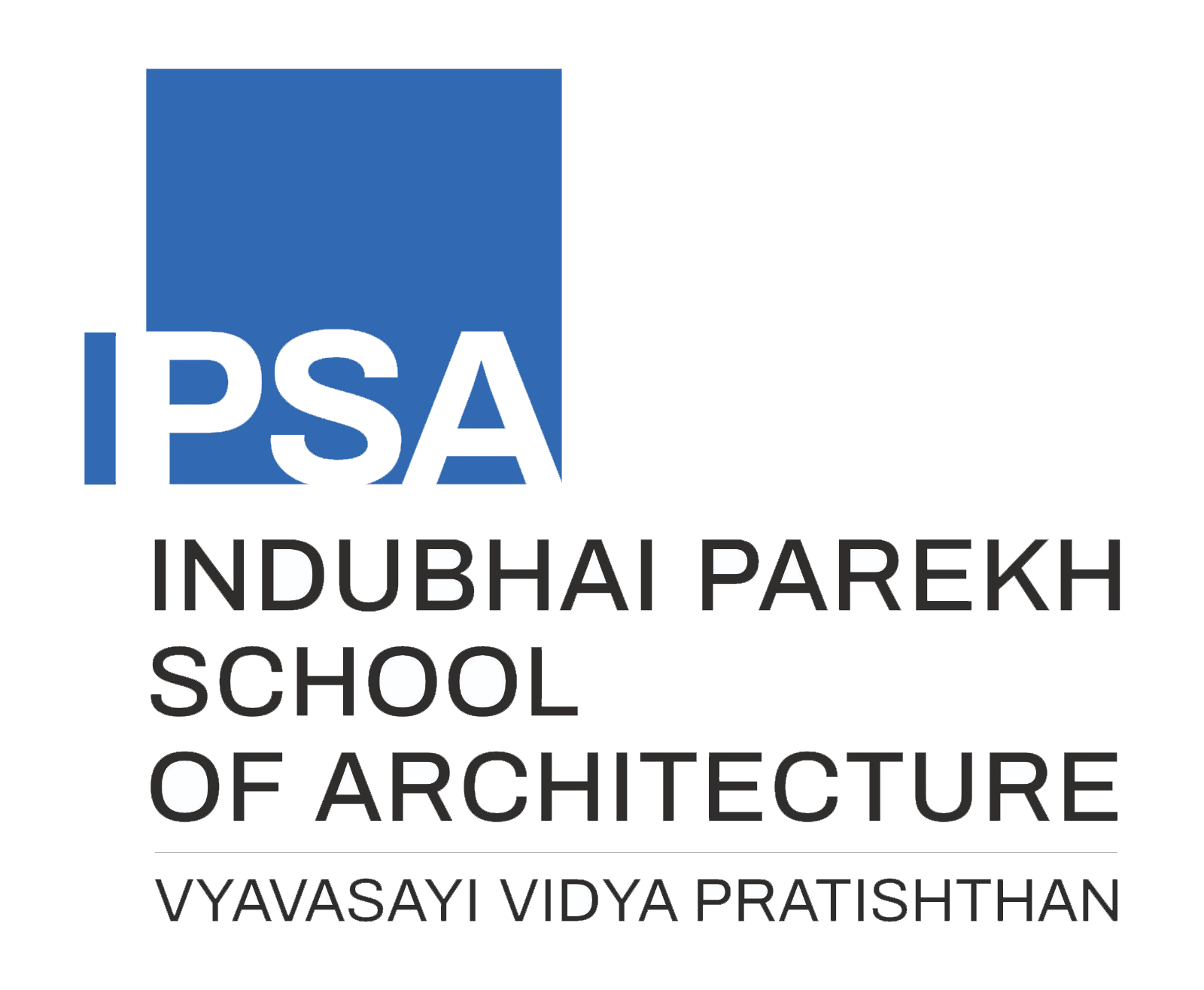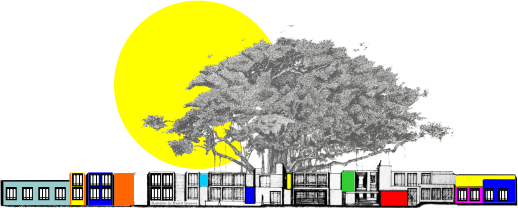| Work Package |
Task
|
Result No.
|
Expected Results/Outputs |
| WP1 (Preparation) |
T1.1
|
R1.1.1
|
To gain knowledge about best practices for internationalization of HEIs in India and Nepal that help InterNepInd partners to prepare their own internationalization strategies. |
|
R1.1.2
|
To expand the network of contacts with the HEIs from India and Nepal participating in the survey |
|
R1.1.3
|
To raise awareness of InterNepInd project at national level (in India and in Nepal) from the beginning of the project. |
|
R1.1.4
|
To prepare a report describing the best practices compiled at country level and the general conclusions of the survey. |
|
T1.2
|
R1.2.1
|
To raise awareness of InterNepInd consortium about the state of the art of internationalization of Indian and Nepalese HEIs and good practices |
|
R1.2.2
|
To analyze main challenges and opportunities for internationalization of participating HEIs from India and Nepal. |
|
R1.2.3
|
To share main results of the event with the wide public. |
| WP2 (Development) |
T2.1
|
R2.1.1
|
To gain knowledge about internationalization processes of European partners. |
|
R2.1.2
|
To gain knowledge about tools for internationalization. |
|
R2.1.3
|
To expand the European network of contacts for future collaborations. |
|
T2.2
|
R2.2.1
|
To develop a deep analysis of each institution in terms of internationalization: challenges, limits, strengths, weaknesses, opportunities, threats, and of ways to overcome the difficulties they find. |
|
R2.2.2
|
To draft internationalization strategies by each Indian and Nepalese partner and presented to the Consortium. |
|
T2.3
|
R2.3.1
|
Indian and Nepalese partners from InterNepInd consortium have an internationalization strategy with inputs of all the target groups affected by the strategy. |
|
R2.3.2
|
The strategy is approved by the pertinent governing body and ready to be implemented. |
|
R2.3.3
|
All the relevant target groups are aware of the existence of the strategy. |
|
R2.3.4
|
The staff in charge of implementing the strategy is appointed. |
|
T2.4
|
R2.4.1
|
To share information about the internationalization measures that will be taken with the potential beneficiaries. |
|
R2.4.2
|
To present to the university community the international relations officers. |
|
R2.4.3
|
To raise awareness about the positive consequences of internationalization for the institution, for students, teachers/researchers, administrative and technical staff and about how internationalization can improve the quality of higher education |
| WP3 (Development) |
T3.1
|
R3.1.1
|
To negotiate and agree by all the consortium members the contents of the traineeship and the workplan. |
|
T3.2
|
R3.2.1
|
To gain practical knowledge about the internationalization activity of two European universities. |
|
R3.2.2
|
To gain knowledge about the different ways to promote internationalization (international mobility of students and staff, international projects, join degrees, others). |
|
R3.2.3
|
To orient the training into practice, with the preparation of the work plan. |
|
T3.3
|
R3.3.1
|
All the required equipment is on the space selected for the International Office and it is operational. |
|
R3.3.2
|
The international officer can perform his/her job without difficulties at the level of equipment. |
|
T3.4
|
R3.4.1
|
The International Office is operative and its staff is managing and promoting international relations. |
|
R3.4.2
|
Students, administrative staff and teachers/researchers start attending the International Office to obtain information about possibilities to participate in an international initiative. |
|
R3.4.3
|
The international relations officer promotes the implementation of the internationalization strategy with support and strategic guidance of the managers. |
|
R3.4.4
|
Thanks to the work of the officer, teachers/researchers, administrative staff and students are aware of the implications of the strategy for their target groups. |
WP4
(Quality Plan) |
T4.1
|
R4.1.1
|
To implement the project according to pre-defined quality standards. |
|
R4.1.2
|
Prepared a new project proposal based on InterNepInd results, to scale it up. |
|
R4.1.3
|
The project actions persist on time: international offices and their staff increase their activity year by year after InterNepInd project and the Indian and Nepalese universities progress on their internationalization processes. |
|
T4.2
|
R4.2.1
|
The quality of the project is improved thanks to the guidance of a very experienced institution as Universidad de Alicante. |
|
R4.2.2
|
InterNepInd consortium gains knowledge about quality on project management and implementation that will be capitalized in the preparation of a new project proposal before the end of InterNepInd project. |
| WP5 (Dissemination and Exploitation) |
T5.1
|
R5.1.1
|
The dissemination plan is effective and it serves to disseminate project results at different scales (local, regional, national, international) and to the target groups (students, teachers/researchers, administrative staff, managers, local/regional/national authorities) and the wider public using a combination of activities and supports: social media, participation in EAIE annual conference and exhibit 2020, others). |
|
R5.1.2
|
The publication (booklet) about the project experience and the best practices in internationalization of Indian and Nepalese HEIs compiled by the project can help other HEIs in India, Nepal or other parts of the world in the promotion of their internationalization process. |
|
T5.2
|
R5.2.1
|
The exploitation plan prepared is useful for project partners to keep on exploiting project results and it facilitates exploitation of the results by other HEIs interested in internationalization. |
| WP6 (Management) |
T6.1
|
R6.1.1
|
All the requirements of the call in terms of documents and reporting are fulfilled with the European Commission: signature of grant agreement, partnership agreement, interim report, final report. |
|
T6.2
|
R6.2.1
|
The project is correctly managed at technical level. |
|
T6.3
|
R6.3.1
|
The project is correctly managed at financial level. |
|
T6.4
|
R6.4.1
|
Communication management of the project is correctly managed using a combination of Skype meetings with face to face meetings |



